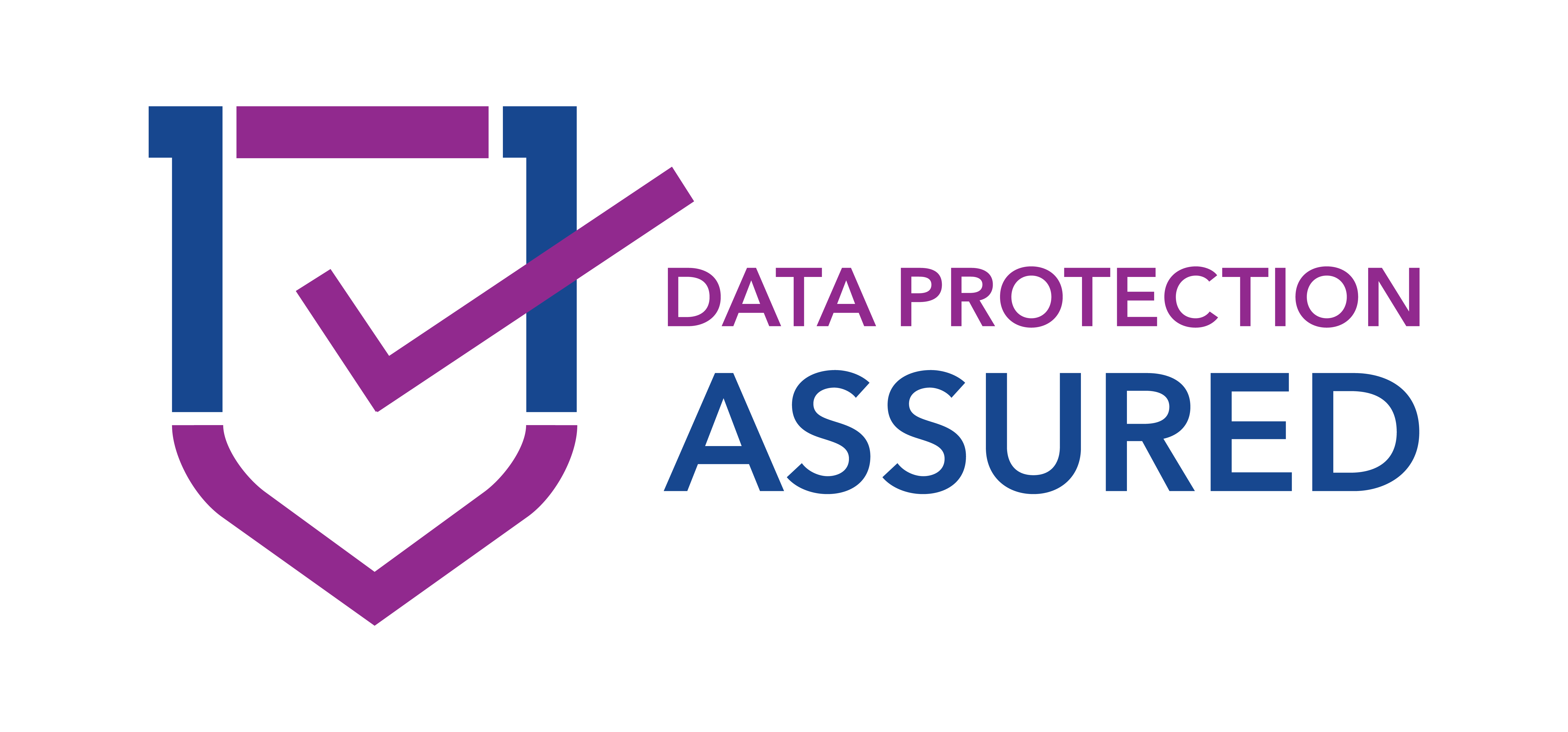
PROGRESSIVE
WAGE MODEL
FOR THE FOOD
SERVICES SECTOR
Amidst current global economic outlook, the food services industry faces many challenges such as higher business costs in utilities and rentals, food supplies, and raw ingredients, and manpower shortage. The industry has also been facing perennial manpower shortage and difficulty in retaining workers due to other competing industries offering better employment terms; unwillingness of workers to work on weekends and public holidays; limited career progression opportunities; perceived poor image of the food services industry as a career choice. The Food Services PWM will provide workers with a clear progression pathway to higher wages, better skills, and increased job responsibilities. In addition, the Government has also launched the Food Services Industry Transformation Map 2025 to support business transformation in the adoption of digital solutions and productivity efforts.
Companies must meet the Progressive Wage Model wage and training requirements for food services workers who are Singapore citizens or permanent residents.
WHAT IS IT
The Progressive Wage Model (PWM) for food services workers was developed by the Tripartite Cluster for Food Services Industry (TCF).
From 1 March 2023, employers must meet the PWM requirements in order to renew existing work passes or apply for new work passes.
WHO IT COVERS
The PWM requirements cover Singapore citizens and permanent residents who are:

- Full-time or part-time food services employees on a contract of service, working in a premise that has a Singapore Food Agency (SFA) Food Retail or Food Processing (Central Kitchen) license, and
- Employed by firms which hire foreign workers on mainstream work passes (i.e. Work Permit, S Pass, Employment Pass), regardless of whether the firm is classified under the Food and Beverage Service Activities Singapore Standard Industrial Classification (SSIC) or another SSIC.
The food services PWM will cover the following food services job roles in two categories of establishments:
CATEGORY A

- Quick-Service (QS) food establishments, including fast-food outlets, food courts, food kiosks, and eating houses where customers self-collect food or drink orders from food service counters
- Supermarkets with ready-to-eat food stations
CATEGORY B

- Full-Service (FS) food establishments, which are establishments that have wait staff such as waiters or banquet servers and are not under Category A
- Caterers
- Central kitchens

The food services PWM is a three to four-level career progression model, depending on career track. It features:
- Specific training requirements that tap on the Skills Framework for Food Services. This ensures that food services workers are equipped with the skills needed to carry out their job functions.
- Progressive wages are set at each level to ensure that food services workers are paid wages that are commensurate with their skills and productivity.
The wage requirements recommended in the TCF's report will take effect from 1 March 2023.
Wage requirements for part-time workers are pro-rated on a 44-hours basis.
The TCF will undertake a review of the wage schedule in 2025.
Source:
https://www.mom.gov.sg/-/media/mom/documents/employment-practices/pwm/tcf-recommendations-fs.pdf
FOR EMPLOYERS
TRAINING REQUIREMENTS
Employers must ensure that their Singapore citizen and PR food services workers meet the food services PWM training requirements of attaining at least 2 Workforce skills Qualification (WSQ) Statement of Attainment, out of the list of approved WsQ training modules.
Alternatively, if employers have in-house WSQ training modules that have the prefix “FSS” in the accompanying Technical Skills & Competencies (TSC) code, these training modules can be used to meet the training requirements as well.

For the job roles of senior cook and manager, training as per the list of approved WsQ training modules is encouraged but not mandatory. Employers have the flexibility to train employees in senior positions according to their own business needs.
Employers will be given a grace period to comply with the food services PWM training requirements:
- For new hires: six months from the new hire’s date of employment
- For existing employees: up till 29 February 2024 (one year from the food services PWM implementation on 1 March 2023)
Through proper training, food services workers will be able to increase their productivity, skill sets, and offer good food service experiences to customers.
PHASED IMPLEMENTATION OF FOOD SERVICES PWM
From the first six months from March 2023 to August 2023, MOM will give employers time to adjust and comply with the food services wage requirements.
Instead of enforcement, MOM will focus on educating employers on the food services PWM wage requirements. Those who do not comply with the requirements during this transitional period will not have their work pass privileges suspended.
Click here to find out more.
Source:
https://www.mom.gov.sg/employment-practices/progressive-wage-model/food-services-sector
Based on your job roles, Eduquest recommends the following industry endorsed courses :
| Food Service Sector | |||||||||||||
|---|---|---|---|---|---|---|---|---|---|---|---|---|---|
| A. Quick Service (QS) | B. Full Service (FS) | Duration | |||||||||||
| Senior Cook | Cook | Kitchen Assistant | Stall Assistant | Senior Cook | Cook | Kitchen Assistant | Manager | Waiter Supervisor | Waiter | ||||
| PWM-Food Service: Food Safety and hygiene Level 1 (FSS-FRC-1004-1.1) |
- | 7.5 Hrs (1 Day) | |||||||||||
| PWM-Food Service: Food Safety and hygiene Level 3 (FSS-FRC-3004-1.1) |
- | - | - | - | - | - | - | - | - | 21 Hrs (3 Day) | |||
| PWM-Food Service: Elevating Customer Service Excellence in the Food Services Industry (L1) (FSS-CEX-1040-1.1) |
- | - | - | - | - | - | - | 8 Hrs (1 Day) | |||||
| PWM-Food Service: Food Waste Disposal and Reduction (L2) (FSS-WMO-2007-1.1) |
- | - | - | - | 8 Hrs (1 Day) | ||||||||
| PWM-Food Service: Food and Beverage Equipment Maintenance (L2) (FSS-FBS-2007-1.1) |
- | - | - | - | - | 8 Hrs (1 Day) | |||||||



